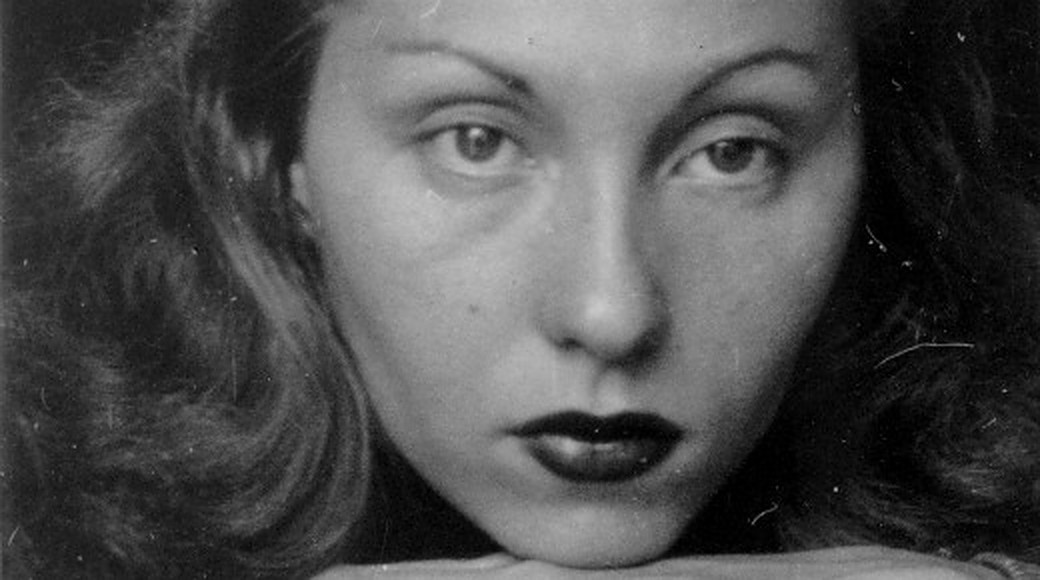“If I have to be an object, let me be an object that screams,” Clarice Lispector, a Ukrainian-born Brazilian novelist, once wrote in her novel The Stream of Life (1973).
In the visceral depths of human emotion, where grief and rage often intertwine, Lispector’s writings represent a domain of unrestrained emotions, creating a complex whirlwind of expression.
It stands in stark contrast to the reality that surrounds us, a world often sanitized and polished by societal expectations. Yet, ironically, it is within this realm of raw emotions that we find a true reflection of the experiences of working-class women, navigating the burdens of existence with resilience and grace.
Lispector’s characters breathe, experience and observe life through their feelings. Their truest form of existence is interior. Nonetheless, their feelings are not reduced to formless ideas that cannot meaningfully influence change or incite action. Instead, these feelings center the identity of working-class women in a political climate that erases their selfhood, and where there is still political and cultural vulnerability associated with their female identity.
Lispector’s raw portrayals of working-class women, unfiltered by societal expectations, shatter the delicate façade of femininity, challenging the middle-class readership’s preconceived notions. By translating their emotions into captivating narratives, Lispector elevates their experiences from the margins to the universal realm, bridging the gulf between social classes.
As she eloquently proclaims in The House of the Star (1977), “All of us are one, and he who is not poor in money is poor in spirit or longing, for he lacks something more precious than gold.”
Her characters’ journeys are not defined by linear narratives or conventional resolutions; instead, they navigate a labyrinth of emotions, memories, and existential questions. This approach resonates with the experiences of Egyptian women, whose grief is often shrouded in cultural norms and societal expectations.
Suppressed Emotions
In the hushed rooms of Egyptian society, families are often expected to shoulder their sorrows in quiet solitude, their tears concealed beneath the weight of societal expectations. The suppression of emotions, while deeply embedded in tradition, can leave an indelible mark on the psyche, leaving women to navigate the labyrinth of grief in isolation.
The notion of personal strength and resilience, a virtue highly valued in Egyptian society, is an ideal often associated with Egyptian mothers. This cultural ideal often translates into the suppression of outward expressions of grief, particularly among women, who are expected to maintain a composed demeanor, regardless of their inner turmoil.
This suppression can lead to a multitude of emotional and psychological challenges, including prolonged grief, depression, and anxiety. According to one study, about one-third of Egyptian women who were married reported having depression symptoms.
Compared to men, women experience depression at a 50 percent higher rate and with more severe symptoms. Hormonal changes in women have been linked to this high prevalence of depression, particularly during puberty, before menstruation, after pregnancy, and during the menopause.
For women, literature offers a unique sanctuary, a space where they can explore the depths of their sorrow, give voice to their raw emotions, and grapple with the existential questions that arise in the face of loss.
Philosophical Musings of Working-Class Women
While literature offers a sanctuary for women to navigate the depths of grief through shared stories, Lispector’s brilliance extends beyond mere solace. Her genius lies in harnessing the unspoken language of grief as a potent tool to explore the profound complexities of the human condition, with its inherent fragility and mortality.
Lispector’s characters shatter the preconceived notion that the working-class is incapable of philosophical introspection and existential contemplation. Her narratives demonstrate that philosophy is not a privilege reserved for the elite, but rather a vital tool for understanding the human condition and navigating the complexities of life.
For Lispector’s working-class characters, philosophy is not an abstract pursuit, but a means of healing, a way to find meaning and grace amidst the hardships they face. One example of this is in her novel The Hour of the Star (1977), where the protagonist, Macabéa, a marginalized and impoverished woman, finds solace in her philosophical musings, questioning the meaning of existence and the weight of her own grief.
Macabéa is a young typist living in poverty in Rio de Janeiro, Brazil, who delves into the complexities of the human condition despite not having any academic training or societal privilege. Despite the hardships she faces, Macabéa possesses an innate sense of dignity and a refusal to be defined by the circumstances that surround her.
She questions societal norms and grapples with existential questions that often remain unspoken among those in her position. “Because there’s the right to scream,” Macabéa reflects. “So I scream.”
Macabéa is not conventionally attractive. She is described as plain, with a “face without charm” and a “body without grace.” She is also socially awkward and often misunderstood. In a society that values women for their physical appearance and their ability to attract men, Macabéa feels invisible and insignificant.
However, Macabéa possesses a unique and profound inner world. She is deeply thoughtful and introspective, constantly engaging with philosophical questions about the meaning of life, the nature of existence, and the place of the individual in the universe.
Her thoughts, often expressed in stream-of-consciousness narration, are both raw and insightful, reflecting her profound curiosity about the world and her own place within it. She is defined by her inner strength, her resilience, and her unwavering belief in the value of her own thoughts and feelings.
Central to Lispector’s novel is the belief that the working-class possesses inherent wisdom and philosophical insights that have been systematically devalued and silenced. She contends that their experiences, often relegated to the margins of society, hold a wealth of knowledge that can inform a more just world.
Lispector also explores how when women are relegated to low-paying, low-status jobs, they are effectively stripped of their dignity and rendered invisible, making them easy targets for abuse. Their lack of power and influence within the workplace makes it difficult for them to speak out against mistreatment or seek recourse, further perpetuating their marginalization and vulnerability.
While the men in the novel are identified with skilled labor, women are objectified and reduced to mere commodities, their worth determined by their physical appearance.
But why did Lispector choose to write about a young girl living in poverty? One answer is her curiosity about “holiness” and human transformation. Lispector was interested in the concept of holiness as a state of being that is beyond the reach of ordinary human experience. She believed that this state of being could be glimpsed in moments of extreme suffering or deprivation, when the individual is stripped bare of all pretense and illusion.
Paradoxically, poverty serves as both a source of burden and a driving force behind Macabéa’s own personal growth. She is able to uncover her own inner resilience and strength as a result of her experiences.
Working-class womanhood in Egypt has been represented in some films and series like Banat Thanawy (2020) and A Girl Named Zat (2013). While these works may not delve into the same philosophical depths as Lispector’s characters, they still play an important role in forcing the world to make space for their roaring voices, voices that would draw attention to injustices that we do not openly acknowledge.
Working-class women will often differentiate their ‘school voice’, ‘home voice’ and ‘street corner voice’ from one another, but in Lispector’s novels, they have only one voice; one that is unfiltered by the expectations and norms of the dominant culture.







Comments (0)